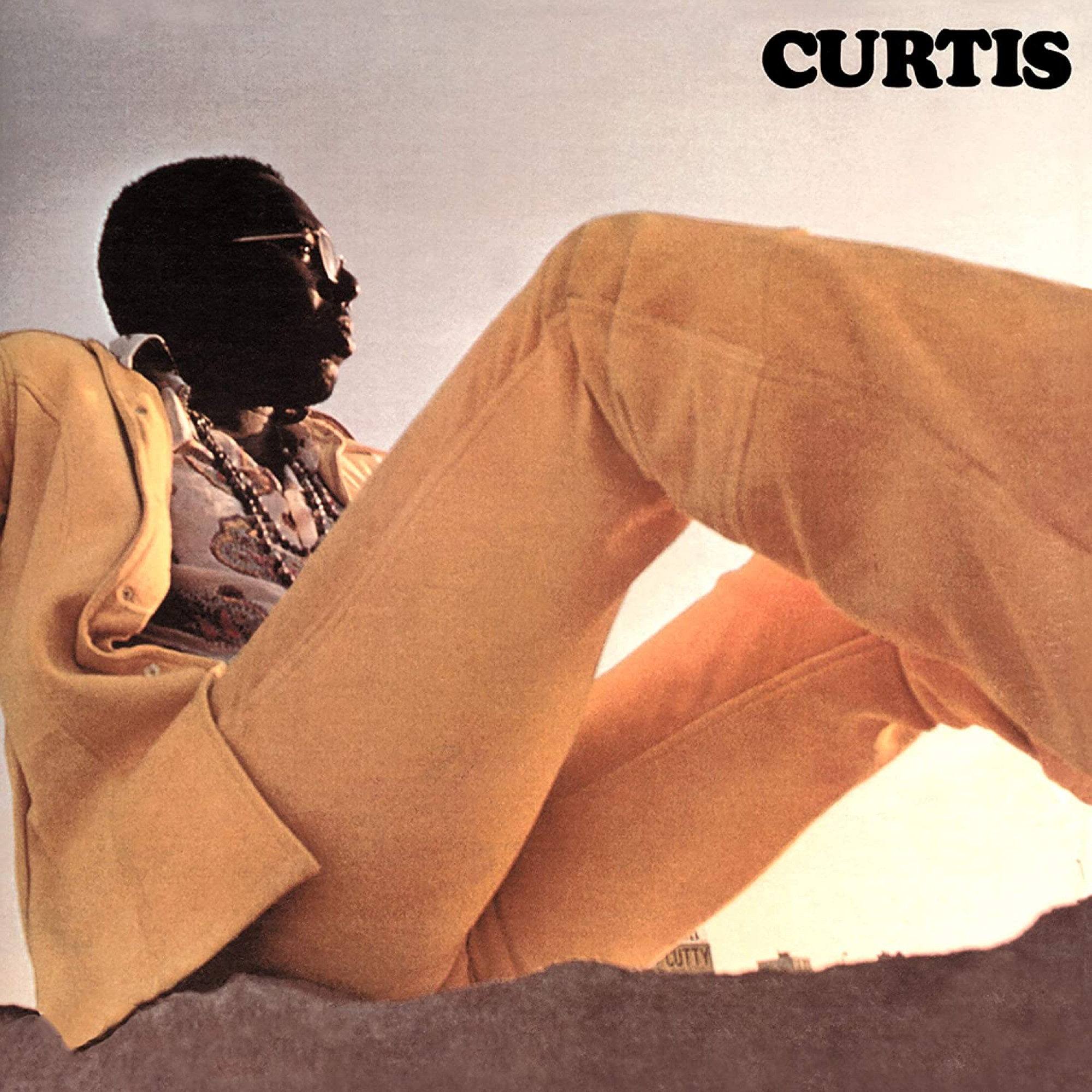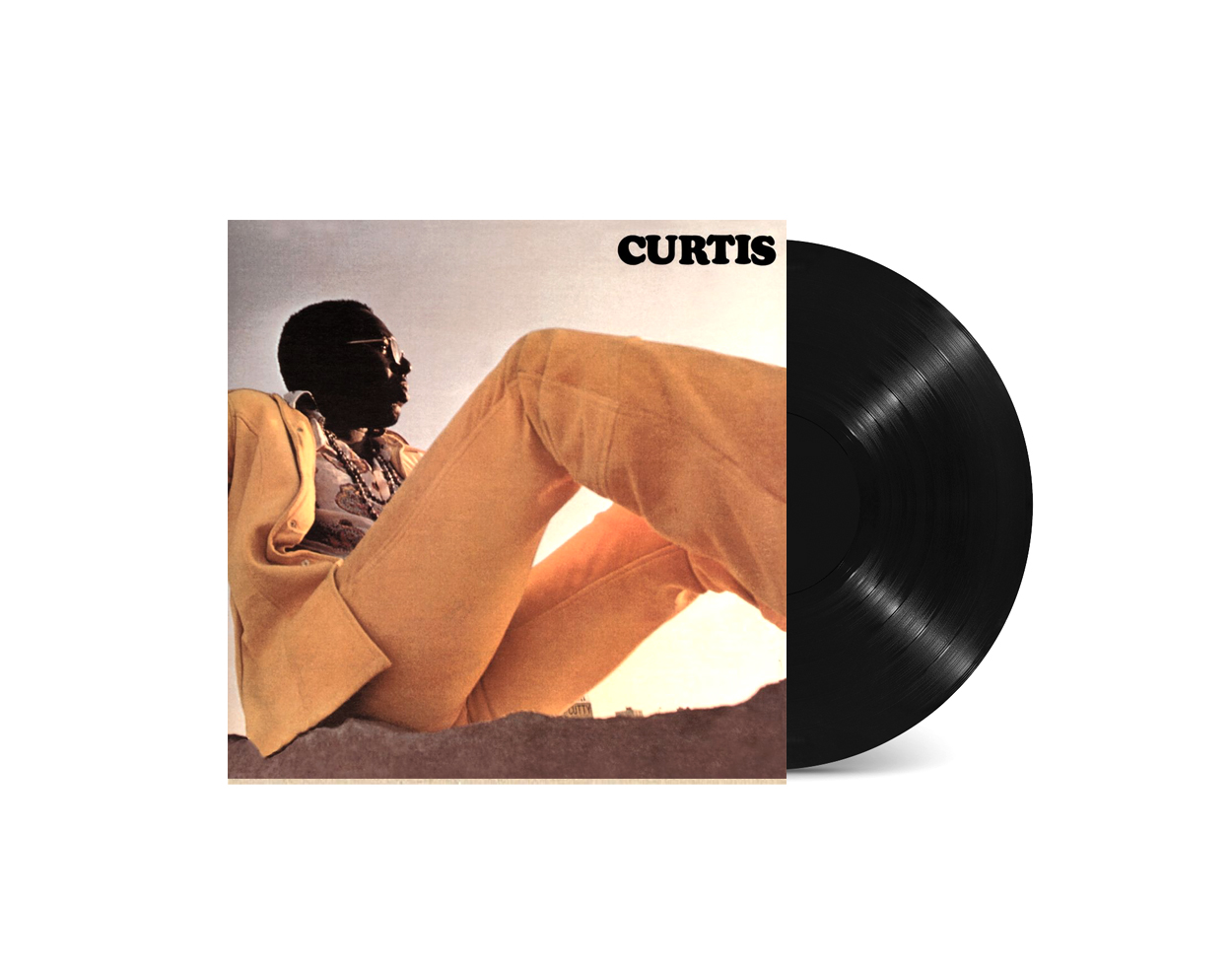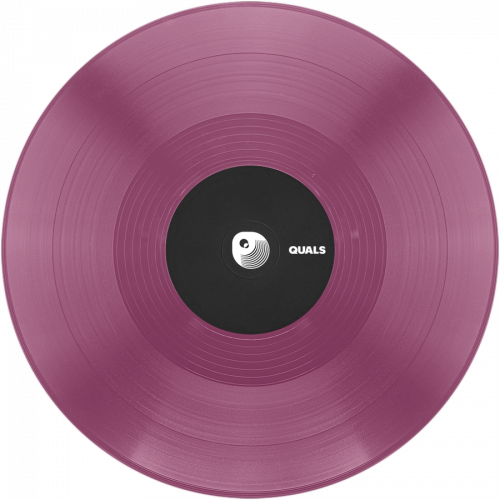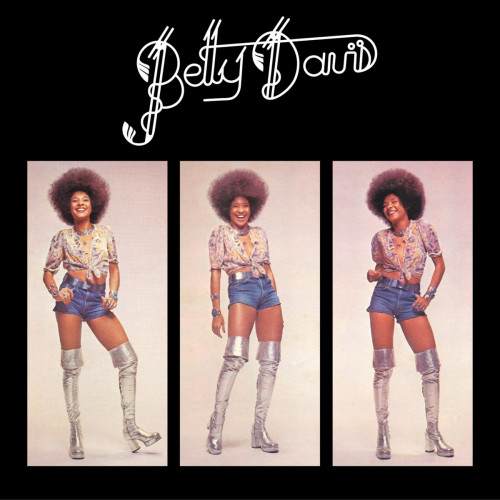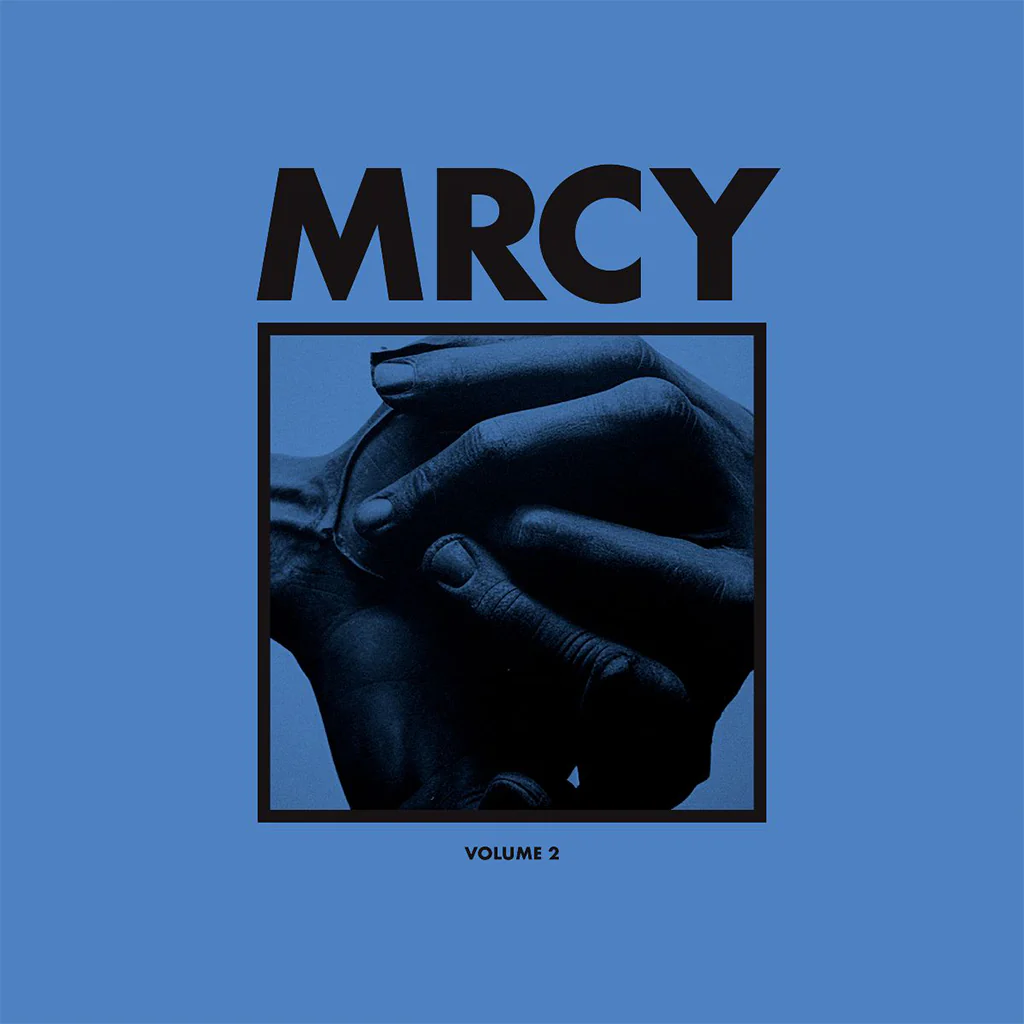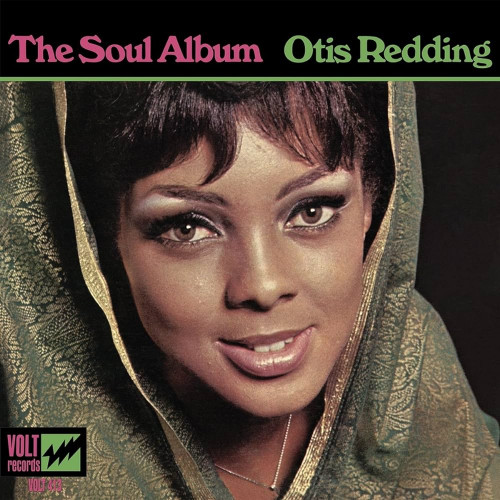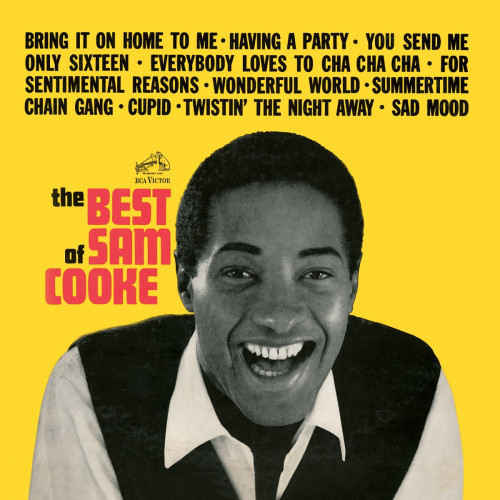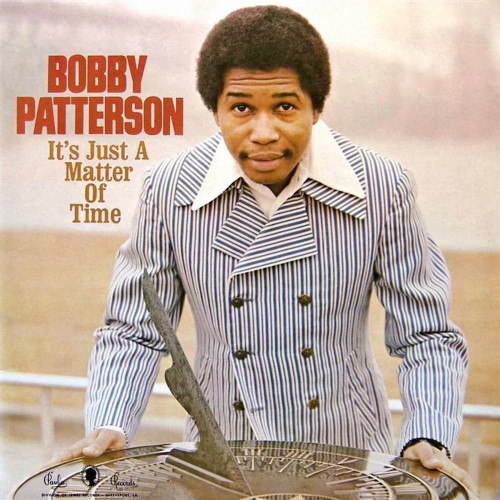Mayfield began work on his own self-titled album in 1970. Although he never intended to leave the Impressions permanently, he would officially leave them in 1971, under recommendation from his business manager Marv Stuart and given the trend for both R&B and rock artists to go solo Produced by Mayfield, it was released on his own label Curtom Records. The musical styles of Curtis moved further away from the pop-soul sounds of Mayfield's previous group The Impressions and featured more of a funk and psychedelic-influenced sound. The album's subject matter incorporates political and social concerns. Like with some of his later Impressions work, Mayfield's lyrics reflected the social and political concern rising in black America at the time. Mayfield was one of the earliest artists to speak openly about African American pride and community struggle. The album had a more hard-edged sound than the Impressions had before. The two singles off the album "(Don't Worry) If There's a Hell Below, We're All Going To Go" and "Move on Up" showcased Mayfield's new funk musical style, while the rest of the tracks were much softer soul based songs.
Curtis sold well at the time charting at number one on the Billboard Black albums (for five nonconsecutive weeks) and number nineteen on the Billboard Pop albums charts. Only the single "(Don't Worry) If There's a Hell Below, We're All Going To Go" charted in the United States; however, an edited version of "Move On Up" would spend 10 weeks in the top 50 of the UK Singles Chart. In 1972, the French Academy of Jazz awarded Mayfield's Curtis the Prix Otis Redding for best R&B record.
